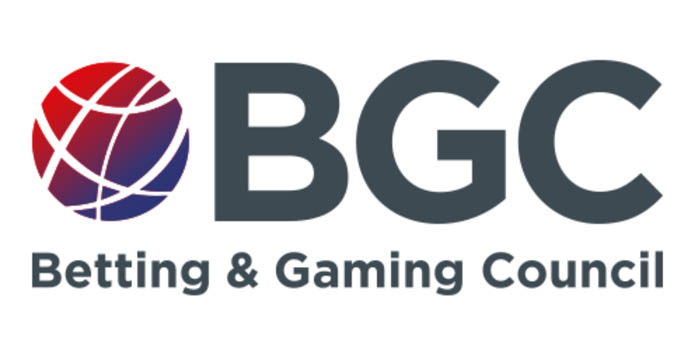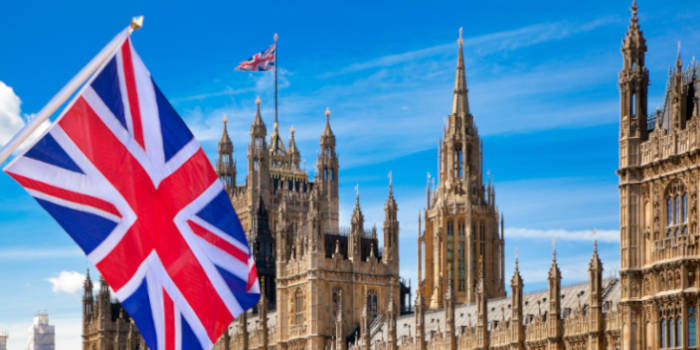Psychiatrists Call for Ban on Advertising in Irish Sports

An urgent ban on gambling advertising as part of laws needed “now more than ever” to tackle gambling addiction was proposed by the College of Psychiatrists of Ireland, arguing the restrictions and lockdowns related to the efforts to curb the spread of the virus further fuelled an already existing issue.
Isolation and Increased Target Advertising Online
The professional body for psychiatrists released its Gambling Disorder Position Paper outlining increased isolation, opportunities for more gambling while working from home, and increased target advertising online further exacerbated the issue of problem gambling, threatening to turn it into a full-blown health crisis.
According to the paper developed by the Faculty of Addictions Psychiatry of the College, problem gambling is a disorder characterized by behavioral patterns similar to substance addiction. The document highlighted public education, new legislation, controls on advertising, treatment services, and research as the five key components to successfully tackle the issue of problem gambling.
The professional body noted in the report that data reflecting gambling disorder nationally in Ireland is not collected, hence no pathways for referrals within the mental health and addiction services for people needing treatment.
Ban on Gambling Advertising in Sport
Regarding gambling-related advertising, the paper stated that gambling advertisements on TV and radio should not be aired before the watershed and that gambling ads related to sports should not be permitted.
“We cannot continue to ignore the links between problem gambling and the current high volume of betting ads – be that in traditional TV ads or on team jerseys and side-line banners. Betting has become strongly linked with the enjoyment of sports. We are normalising gambling as a behaviour.”
Professor Colin O’Gara, Consultant Addictions Psychiatrist
Further, activities related to gambling advertising should be overseen by an independent body that needs to be aware of the impact of such advertising content upon children and vulnerable people, the report argued, specifically mentioning as a serious threat the use of microtransactions and loot boxes in online gaming.
“Even in the absence of live sports, people are finding it difficult to avoid triggers, with increased visibility of online gambling ads and the rollout of new betting platforms. We need to support people with tighter controls and responsible gambling measures inbuilt in the industry.”
Dr William Flannery, President, The College of Psychiatrists of Ireland
The paper raised the need for more robust processes in terms of age verification to ensure children do not have access to online gambling, as well as to enhance legislation and public education about gambling disorders and available options for treatment.
The paper on gambling disorder was released ahead of an upcoming regulatory reform of the gambling market in Ireland next year, signaled by the new interim Gaming and Lotteries Act which recently came into force and confirmed Government’s commitment to reforms.
With 4 years experience as an analyst, Julie—or ‘Jewels’, as we aptly refer to her in the office—is nothing short of a marvel-worthy in her attention to the forex and cryptocurrency space as she quickly became the first pick to co-pilot education to the masses with Mike.















1 Comment
As a gaming consultant I look at alcohol sponsorship the same as gambling sponsorship both forms have addictive attachments , Ireland has had a dangerous romance with Alcohol for many years and the marriage between Alcohol and Sport has become the new norm . Regarding gambling I would simply say that the Irish government has absolutely no understanding of the gaming industry including collecting revenues for its own benefit and this ignorance has been going on for many years which makes the gambling advertising issue one that needs to be dealt as soon as possible with the introduction of a properly regulated gaming legislation , something the Justice office has stated repeatedly that it is a “complicated issue” !! Well it does not seem to have been complicated for all the other countries who have introduced it swiftly .